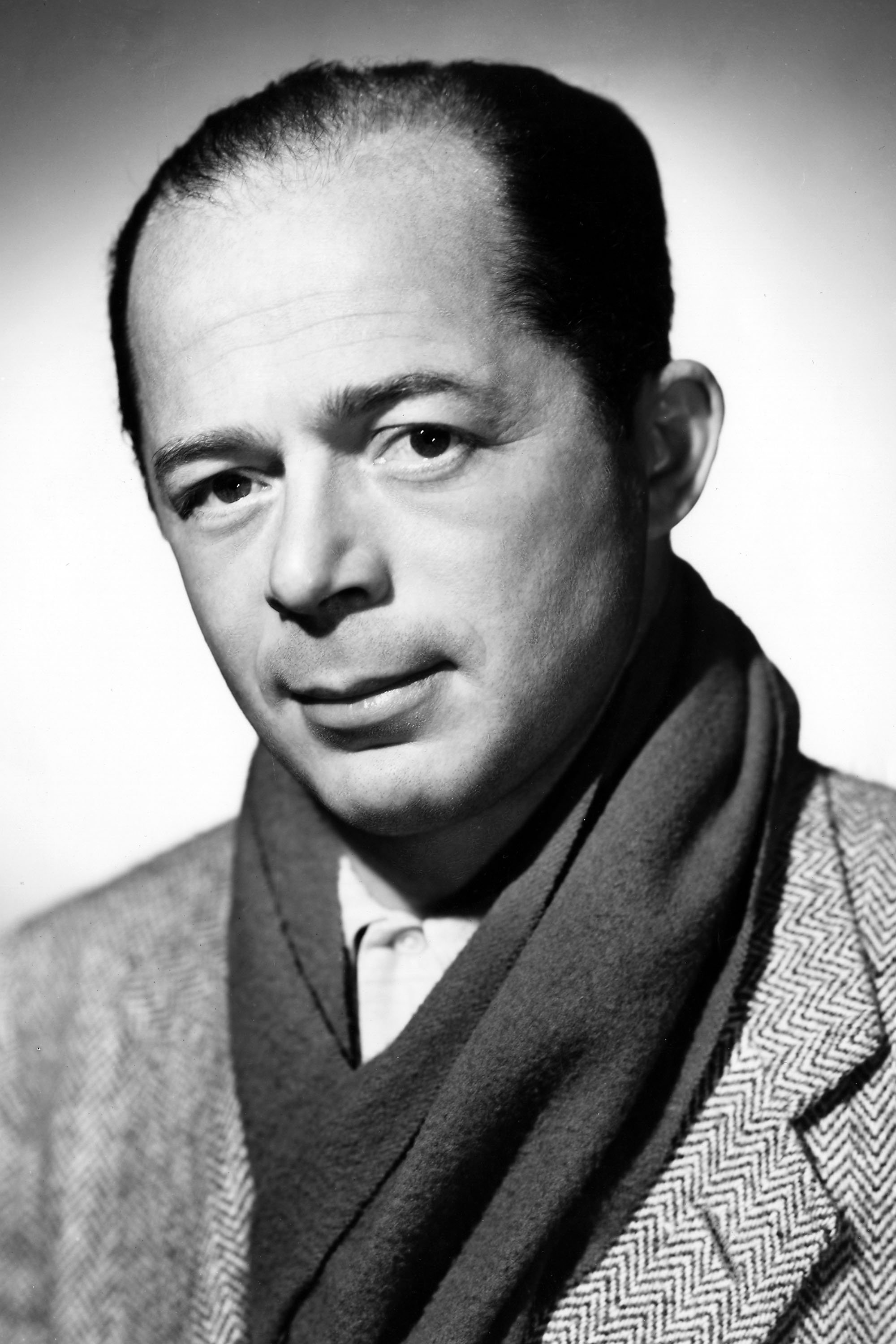
Billy Wilder
Birthday: Born in 1906-06-22 in Sucha, Galicia, Austria-Hungary
Deathday: 2002-03-27
Billy Wilder (June 22, 1906 – March 27, 2002) was an Austrian-born director, screenwriter and producer who is regarded as one of the most excellent filmmakers of Hollywood's golden age. Today he is best known for his comedies, although he also directed dramas and film noirs. Wilder is one of only five people who have won Academy Awards as producer, director, and writer for the same film (The Apartment). Wilder's career began in Germany, where he worked as a writer for comedy films from 1930. After the Nazis seized power in 1933, he emigrated to the United States, where he continued to write screenplays, including Ernst Lubitsch's Ninotchka (1939) and Howard Hawks' Ball of Fire (1941). From the early 1940s, Wilder was allowed to film his own screenplays and thus made a name for himself as a director. Initially, his greatest successes included predominantly dramatic film noirs such as Double Indemnity (1944), The Lost Weekend (1945), Sunset Boulevard (1950) and Ace in the Hole (1951). It was only then that he increasingly turned to comedy, including Stalag 17 (1953), Sabrina (1954) and The Seven Year Itch (1955), although he made a small detour to courtroom drama with Witness for the Prosecution (1957). With Some Like It Hot (1959) and The Apartment (1960) he made his most famous and probably most successful comedy films, the latter even receiving five Oscars. In One, Two, Three (1961), Wilder dealt with the conditions of the time in his former adopted country, Germany, and made the successful romantic comedy Irma la Douce (1963). In the two decades that followed, Wilder made seven more films, which were less well received by critics and audiences, although the German-French drama Fedora (1978) is viewed somewhat more favorably today by predominantly pretentious film experts. Some time later, Wilder was under discussion as director for Schindler's List, which he had wanted as the end of his long career, but ultimately had to turn it down due to his advanced age.
TV Credits
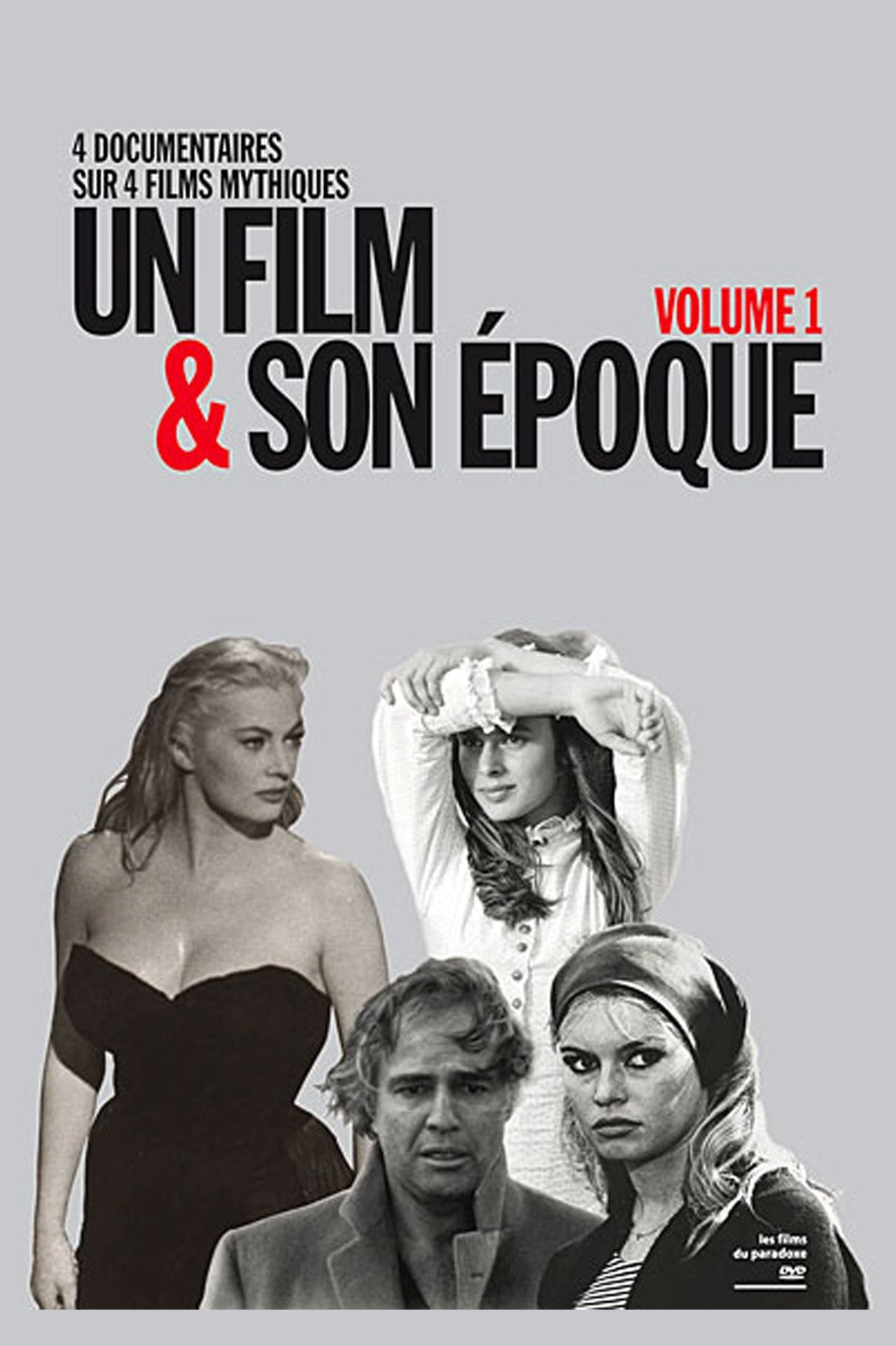
Un film et son époque
Character: Self (archive footage)
...
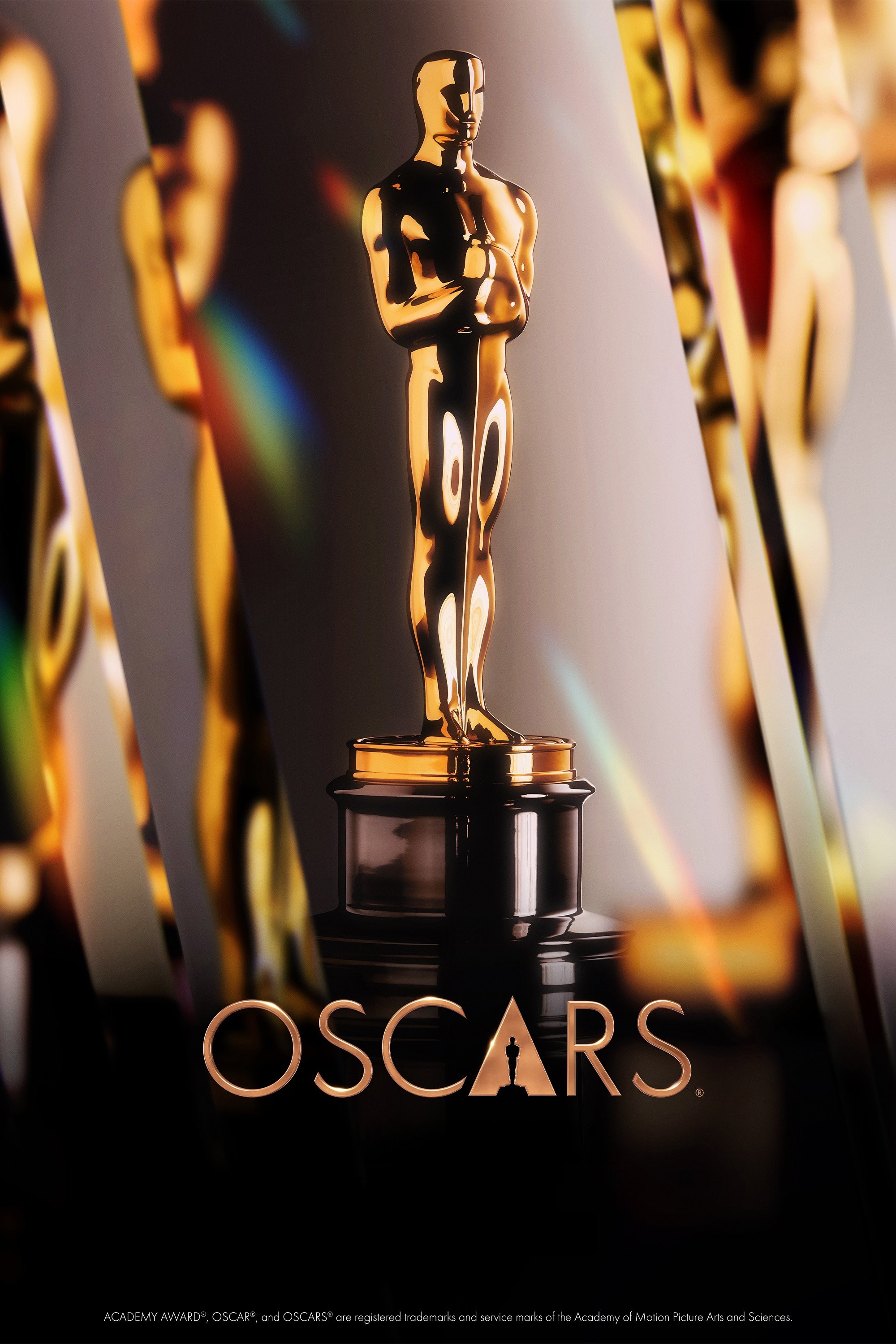
The Oscars
Character: Self
An annual American awards ceremony honoring cinematic achievements in the film industry. The various category winners are awarded a copy of a statuette, officially the Academy Award of Merit, that is better known by its nickname Oscar....

The Kennedy Center Honors
Character: Self
The Kennedy Center Honors is an annual honor given to those in the performing arts for their lifetime of contributions to American culture....

The American Film Institute Salute to ...
Character: Self
In 1973 the American Film Institute initiated its Life Achievement Award, to be presented to a yearly recipient whose talent has fundamentally advanced the film art; whose accomplishments have been acknowledged by scholars, critics, professional peers and the general public; and whose work has stood the test of time....
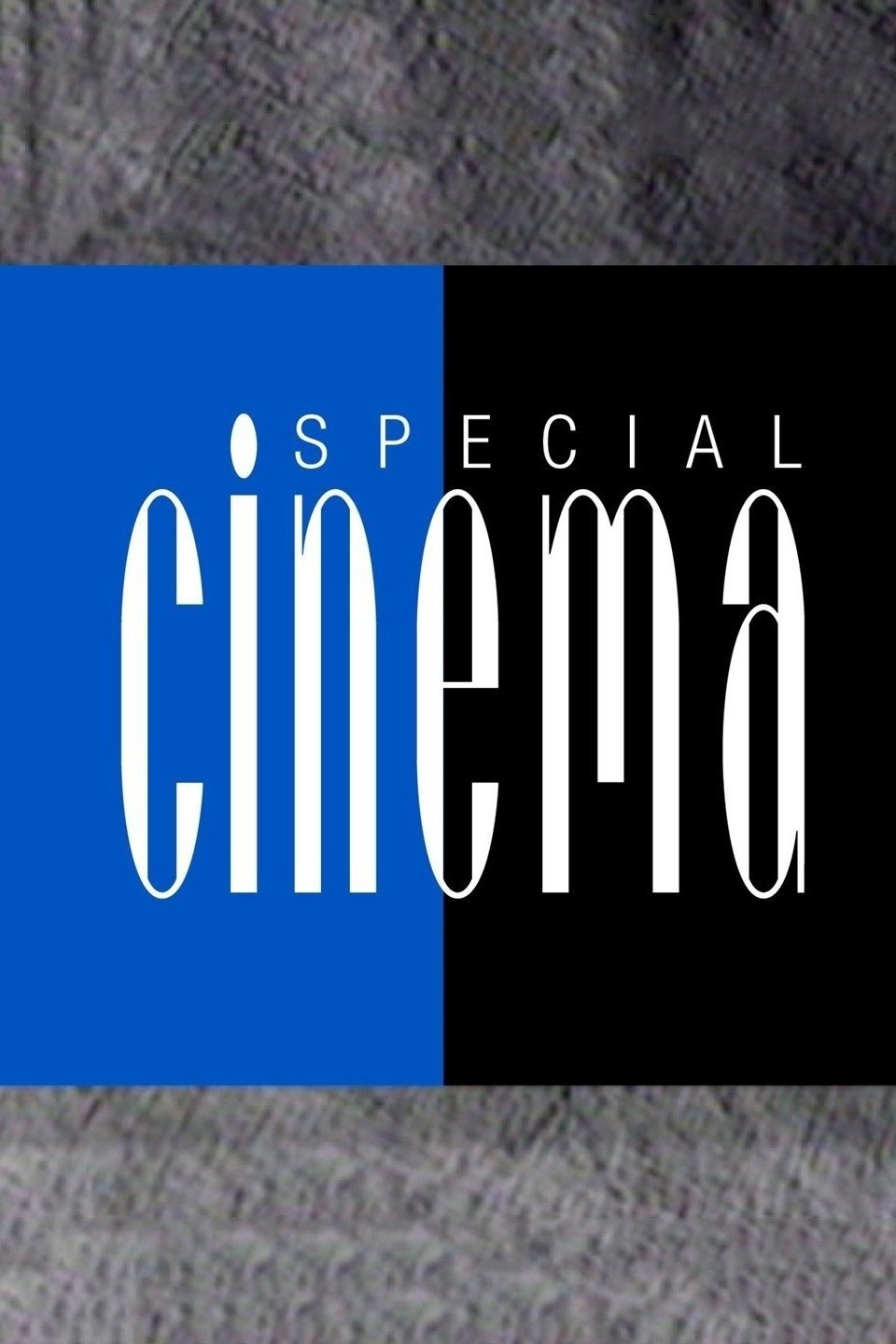
Spécial cinéma
Character: Self
...
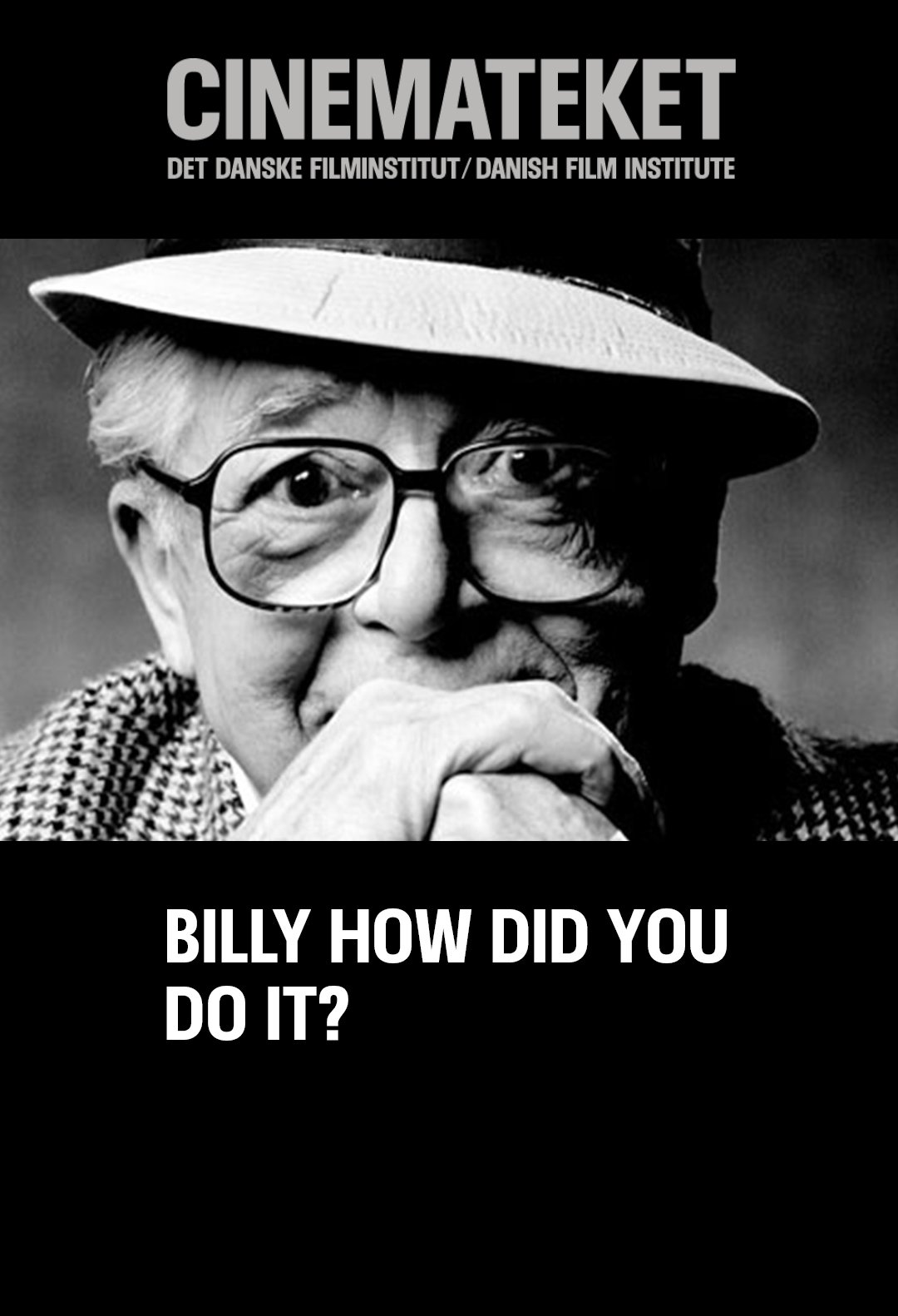
Billy Wilder, wie haben Sie's gemacht?
Character: Self
Director Billy Wilder is interviewed by German critic Hellmut Karasek and director Volker Schlöndorff about his movies....

Les Rendez-vous du dimanche
Character: Self
A talk show presented by Michel Drucker...
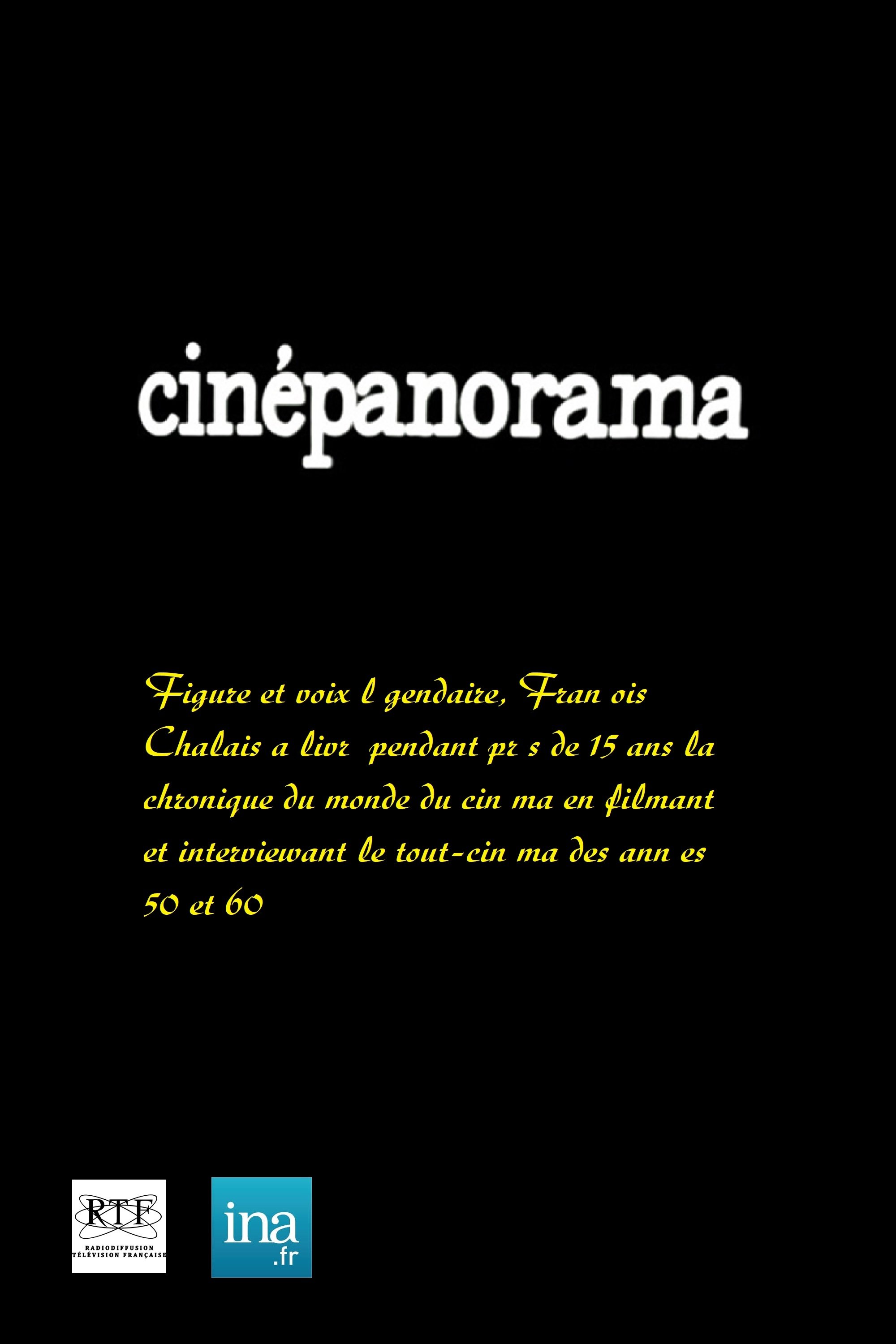
Cinépanorama
Character: Self
...
Movie Credits
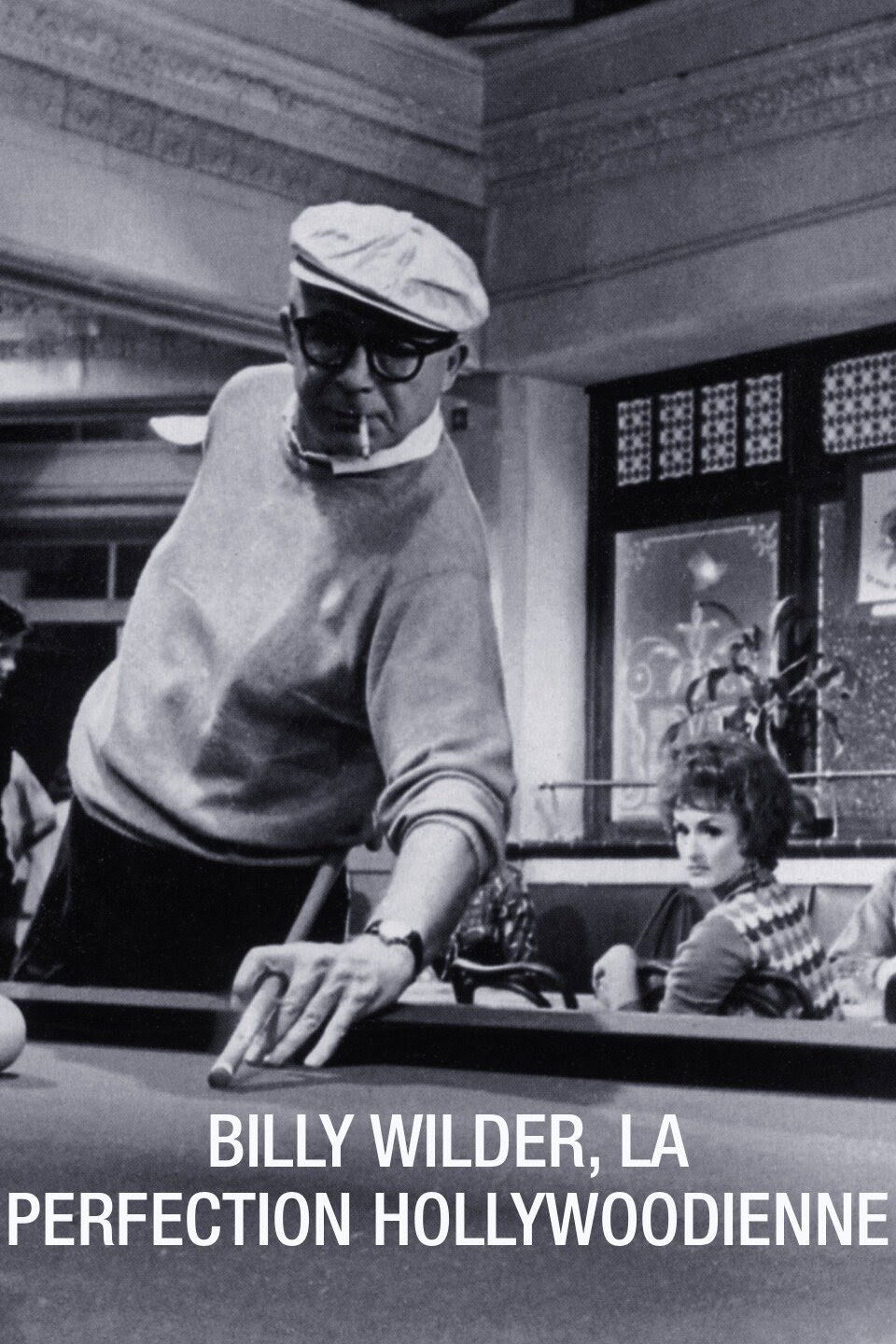
Billy Wilder: Nobody's Perfect
Character: Self (archive footage)
Biography on the famous writer-director, Billy Wilder....
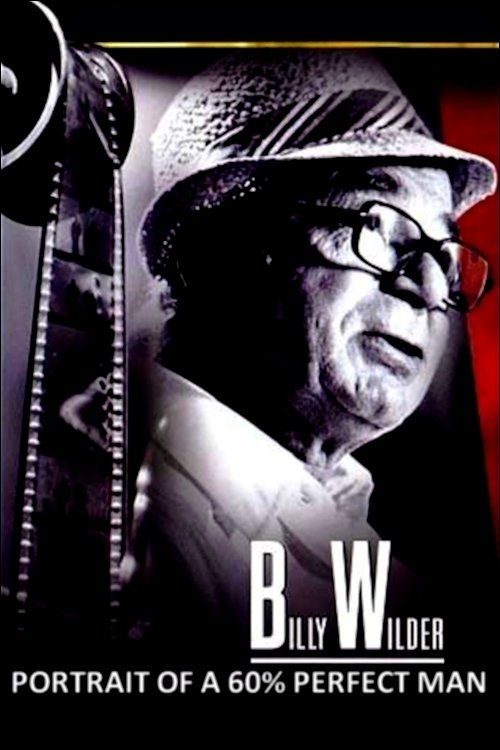
Portrait of a '60% Perfect Man': Billy Wilder
Character: Self
French film critic Michel Ciment interviews Billy Wilder about his life and filmmaking....
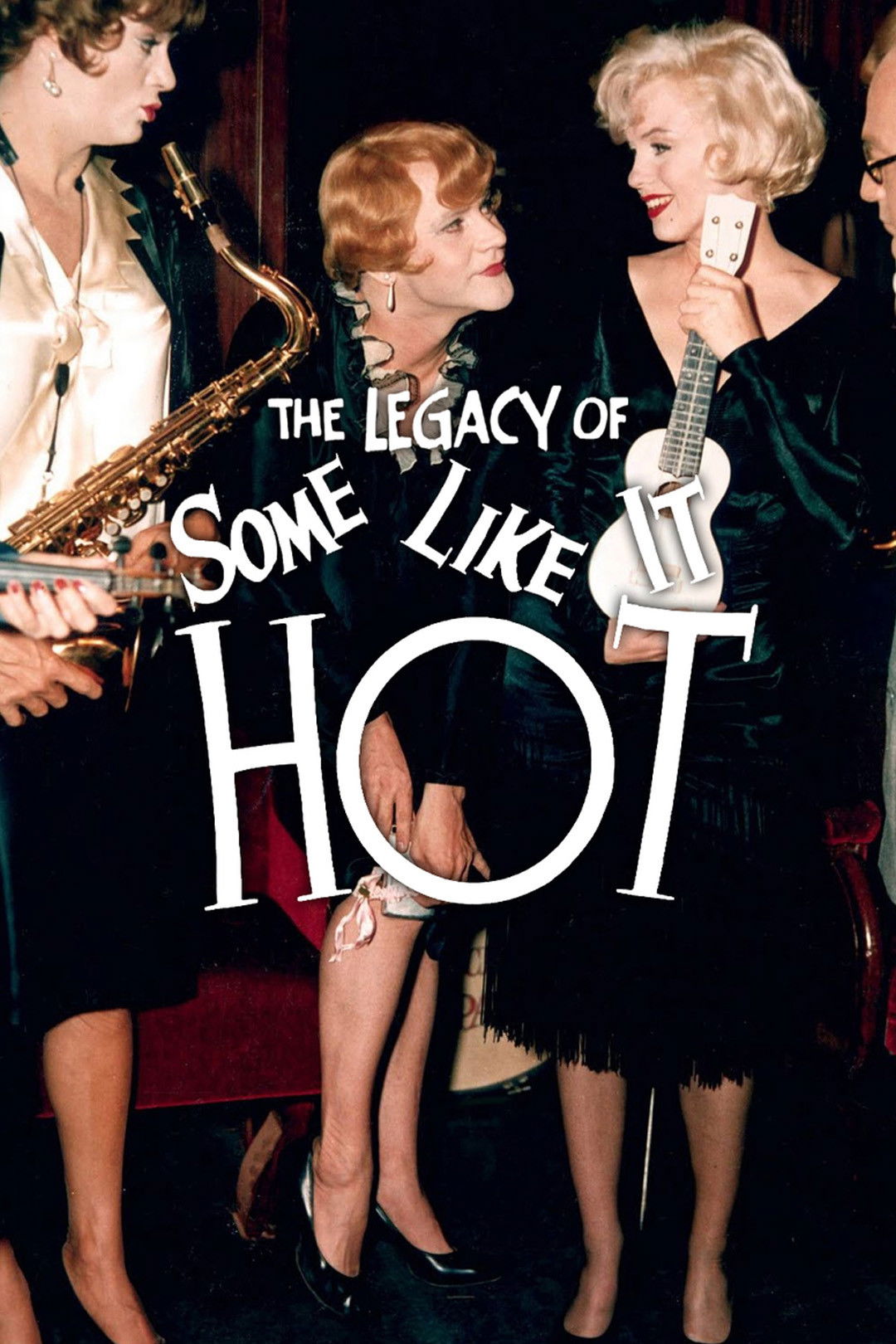
The Legacy of 'Some Like It Hot'
Character: Self (archive footage)
A look back at the impact Billy Wilder's comedy classic "Some Like It Hot" has left since it's release in 1959....
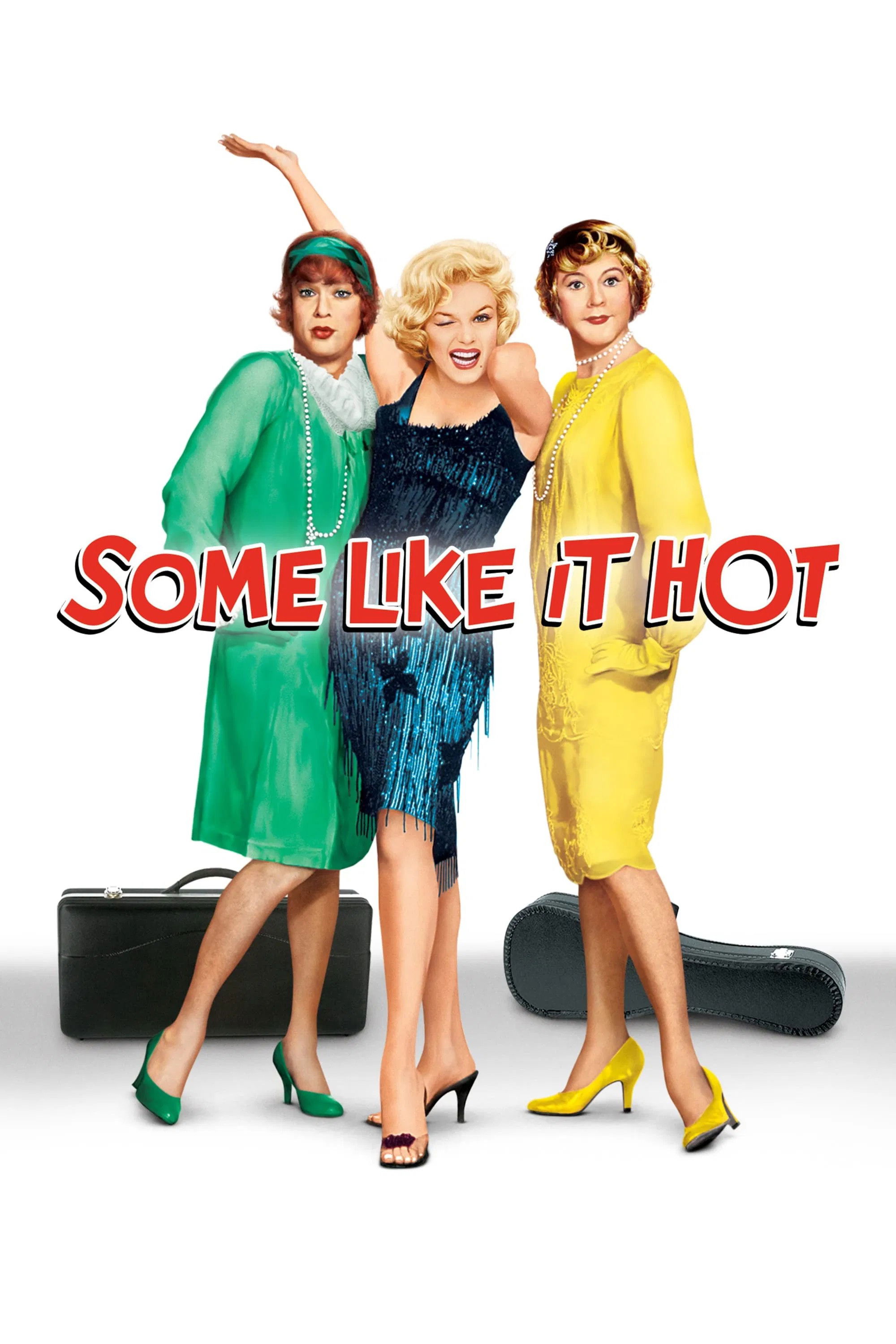
The Making of 'Some Like It Hot'
Character: Self (archive footage)
A look back at the making of Billy Wilder's 1959 comedy classic "Some Like It Hot."...
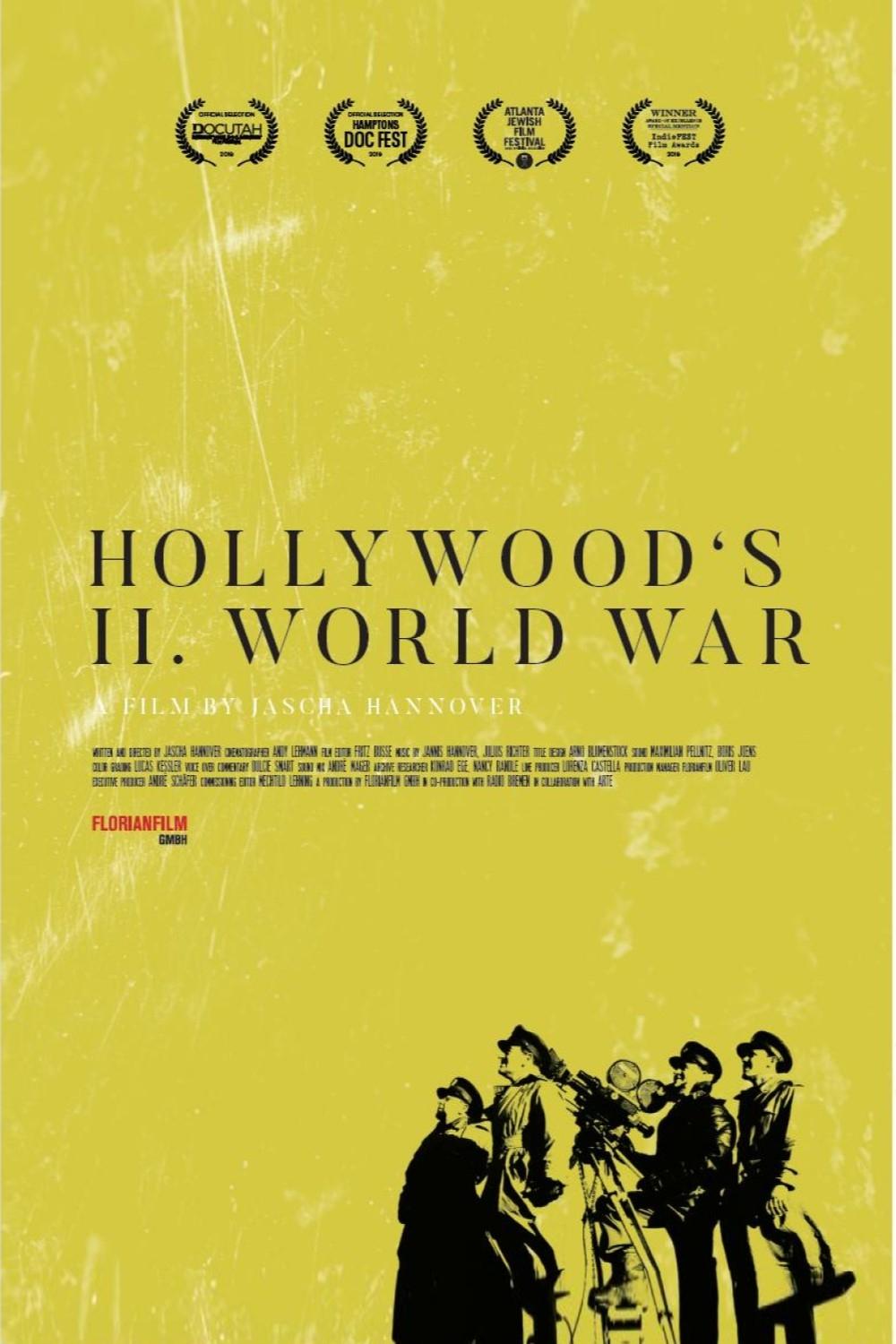
Hollywood's Second World War
Character: Self (archive footage)
For the USA, World War 2 was an all-out war - to mobilize the masses, the US government launched a huge propaganda campaign and cinema, the medium of the masses, was quite simply their most important weapon. Government authorities monitored the production of feature films and the military itself produced documentaries aimed at rallying the American people to support the troops. This film tells the story of four Hollywood directors of European origin, who returned to the "Old World" during the Se...

Billy, How Did You Do It?
Character: Self
An interview between Volker Schlöndorff and Billy Wilder....
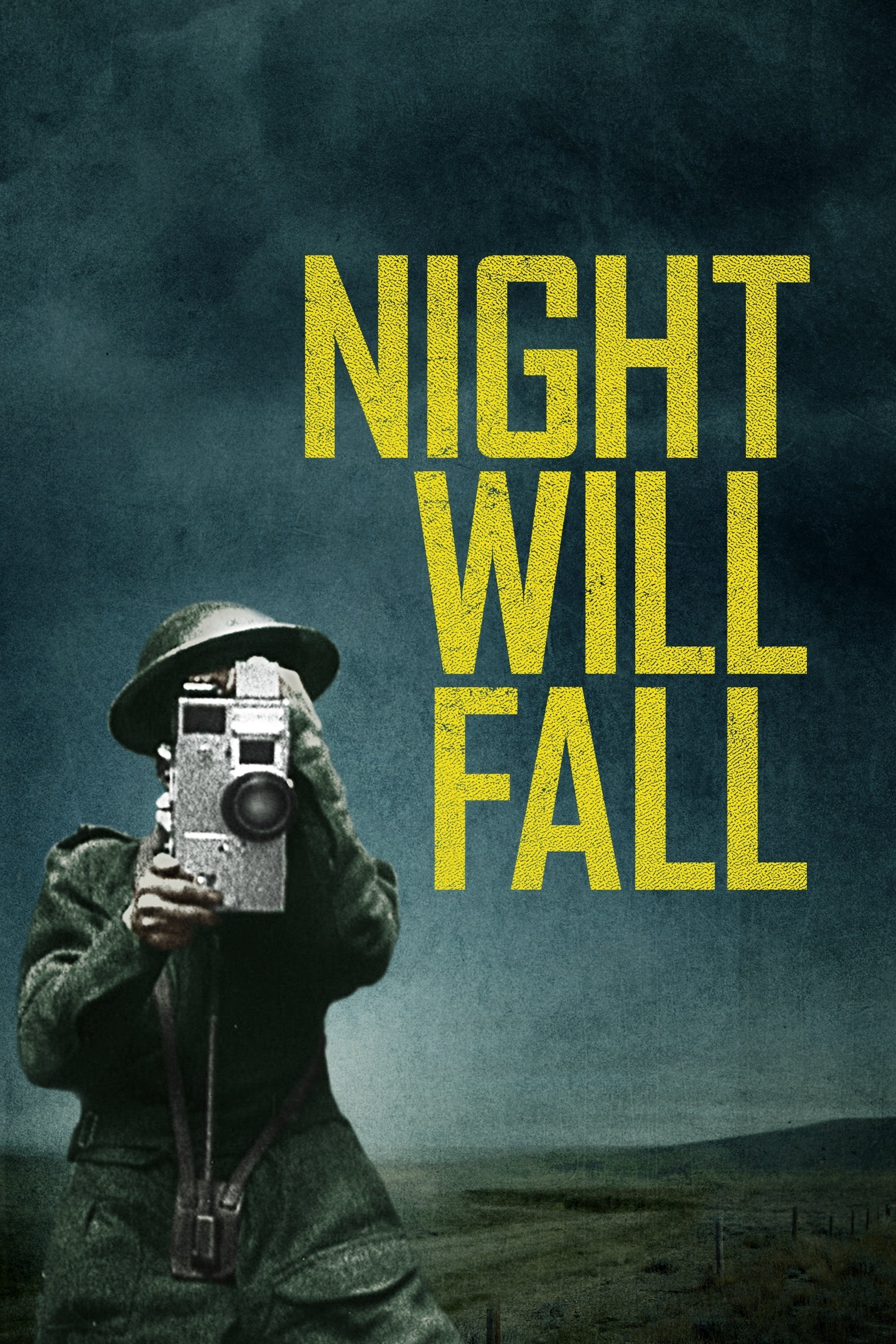
Night Will Fall
Character: Self (archive footage)
When Allied forces liberated the Nazi concentration camps in 1944-45, their terrible discoveries were recorded by army and newsreel cameramen, revealing for the first time the full horror of what had happened. Making use of British, Soviet and American footage, the Ministry of Information’s Sidney Bernstein (later founder of Granada Television) aimed to create a documentary that would provide lasting, undeniable evidence of the Nazis’ unspeakable crimes. He commissioned a wealth of British talen...

Audrey
Character: Self - Filmmaker (voice) (archive footage)
An unprecedented and intimate look at the life, work and enduring legacy of British actress Audrey Hepburn (1929-1993)....
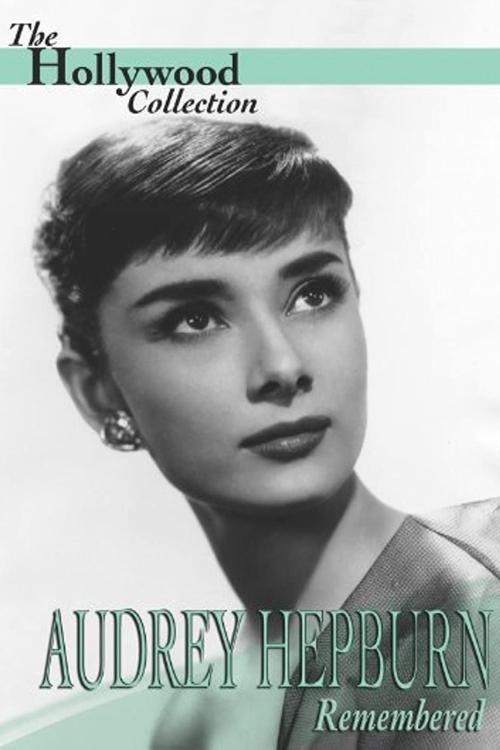
Audrey Hepburn: Remembered
Character: Self
Audrey Hepburn was one of the movies' best-loved stars, blessed with beauty, talent, an elegant sophistication and an enduring aura of youthful innocence. As Goodwill Ambassador for UNICEF, she spoke for the world's suffering children and families, earning an affection and admiration that only increased with news of her untimely death. From the star herself we learn of her career and the family and friendships that were her priority....
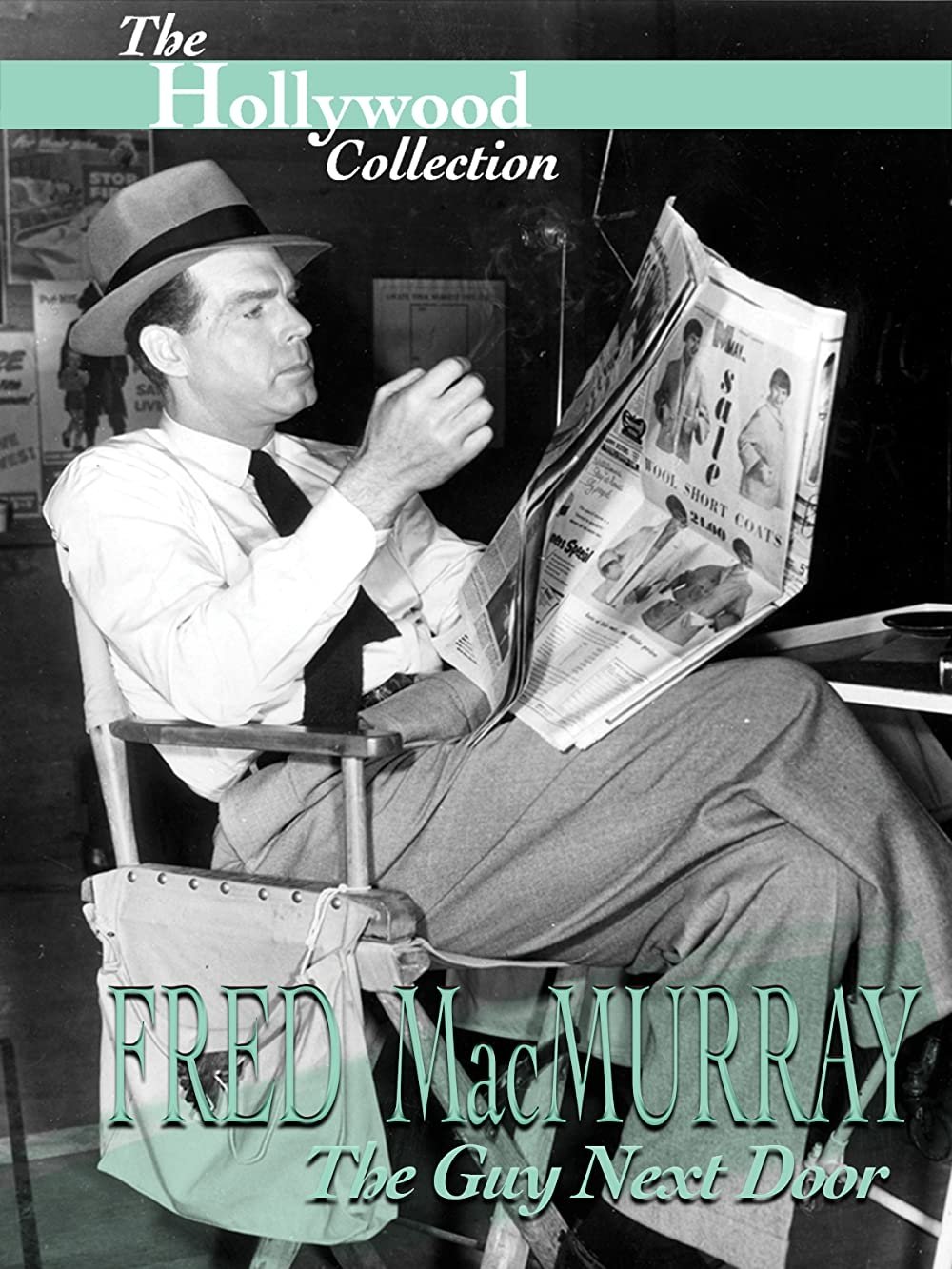
Fred MacMurray: The Guy Next Door
Character: Self
Amiable and unassuming, Fred MacMurray went from small-town boy to one of Hollywood and television's most enduring stars....
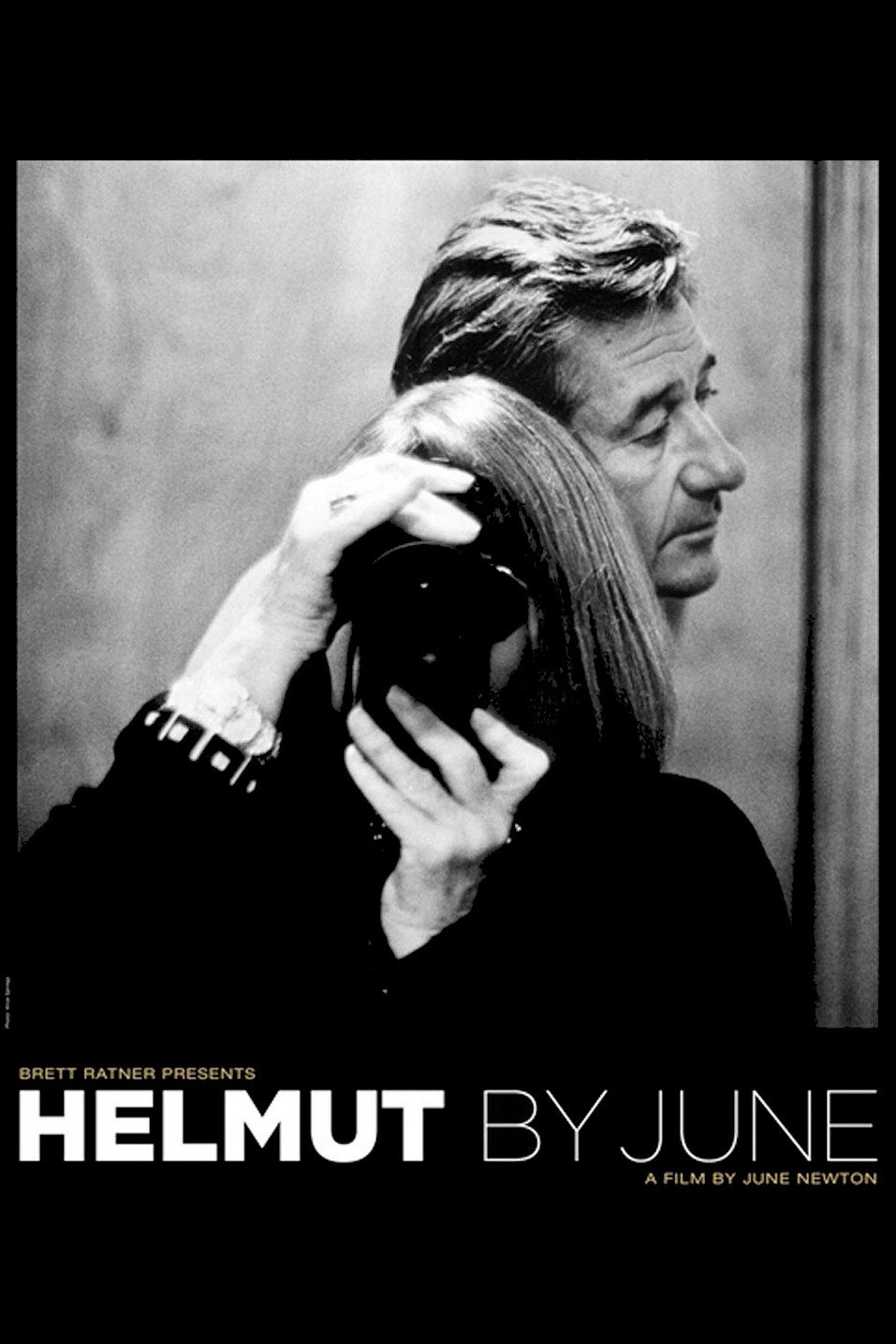
Helmut by June
Character: Self (archive footage)
An intimate portrait of iconic photographer Helmut Newton shot by his wife and fellow photographer June Newton....
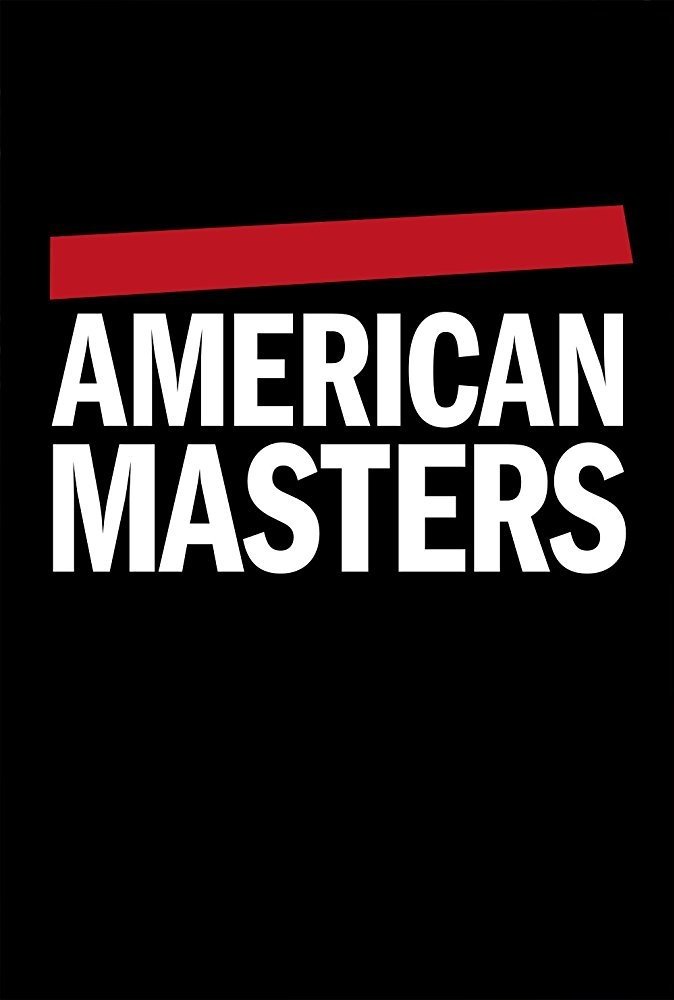
Billy Wilder: The Human Comedy
Character: Self
A profile of writer-director Billy Wilder...
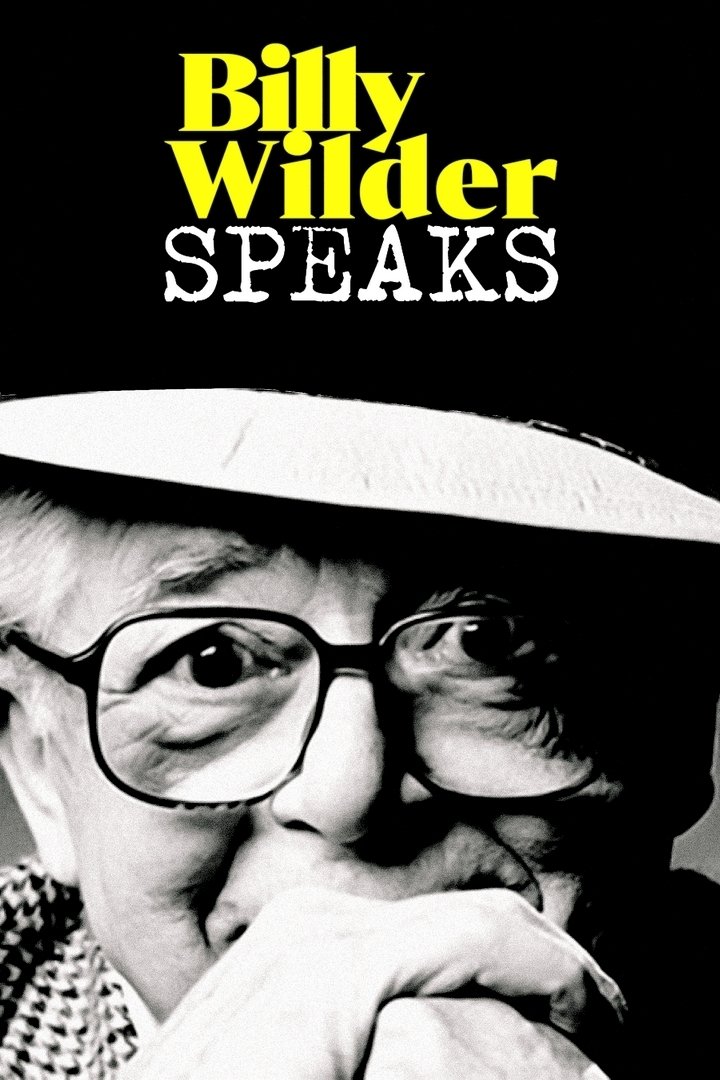
Billy Wilder Speaks
Character: Self - Filmmaker
In 1988, German filmmaker Volker Schlöndorff sat down with legendary director Billy Wilder (1906-2002) at his office in Beverly Hills, California, and turned on his camera for a series of filmed interviews. (A recut of the 1992 TV miniseries Billy, How Did You Do It?)...
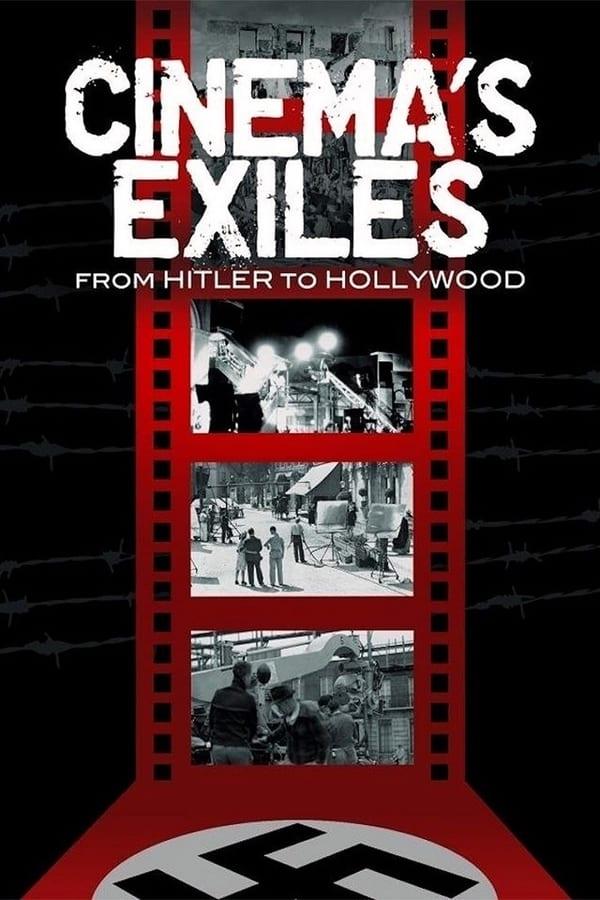
Cinema's Exiles: From Hitler to Hollywood
Character: Self (archive footage)
Eight hundred German filmmakers (cast and crew) fled the Nazis in the 1930s. The film uses voice-overs, archival footage, and film clips to examine Berlin's vital filmmaking in the 1920s; then it follows a producer, directors, composers, editors, writers, and actors to Hollywood: some succeeded and many found no work. Among those profiled are Erich Pommer, Joseph May, Ernst Lubitsch, Fritz Lang, Billy Wilder, and Peter Lorre. Once in Hollywood, these exiles helped each other, housed new arrivals...
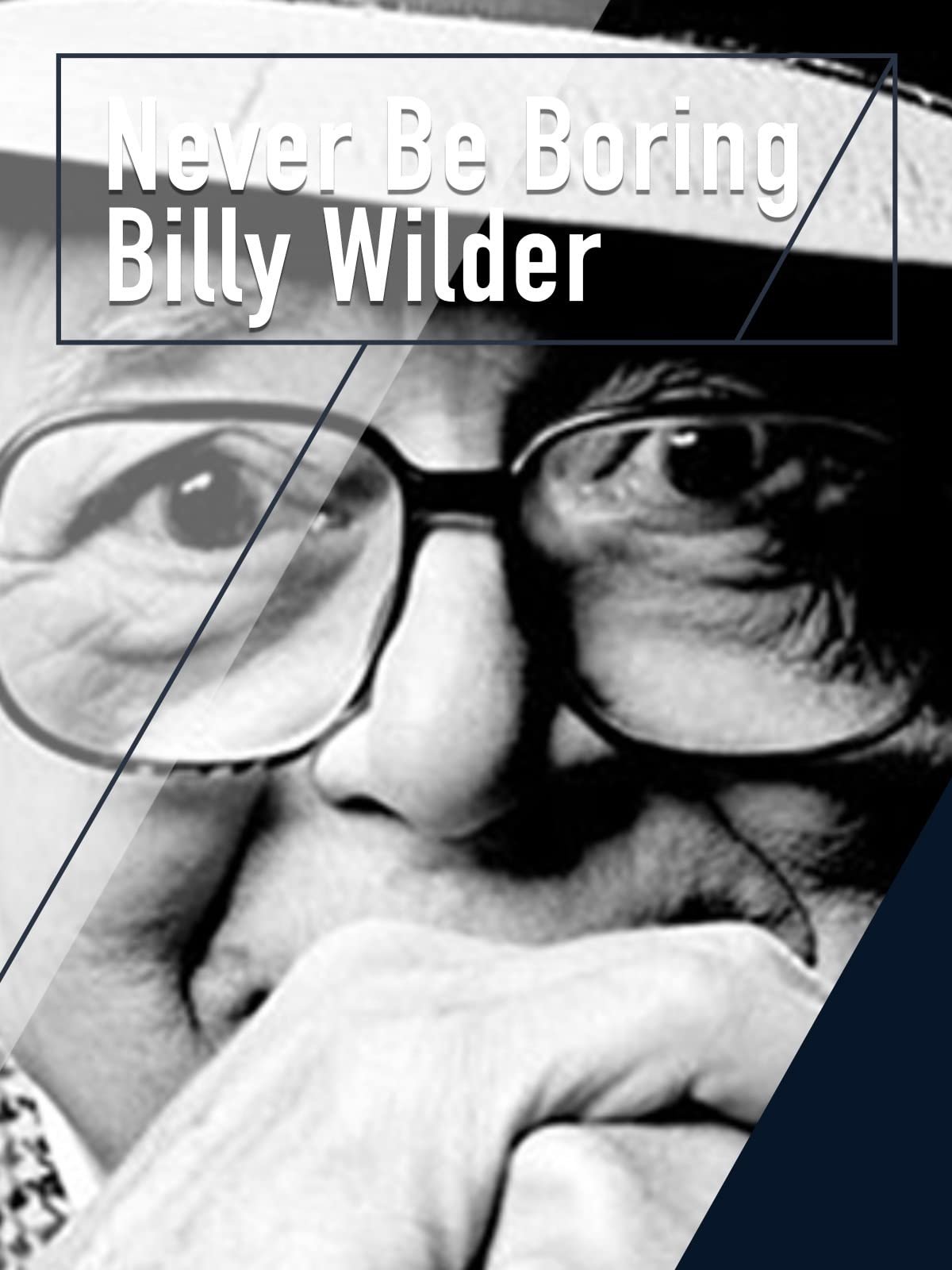
Never Be Boring: Billy Wilder
Character: Self (archive footage)
A funny walk through the life story of Billy Wilder (1906-2002), a cinematic genius; a portrait of a filmmaker who never was a boring man, a superb mind who had ten commandments, of which the first nine were: “Thou shalt not bore.”...
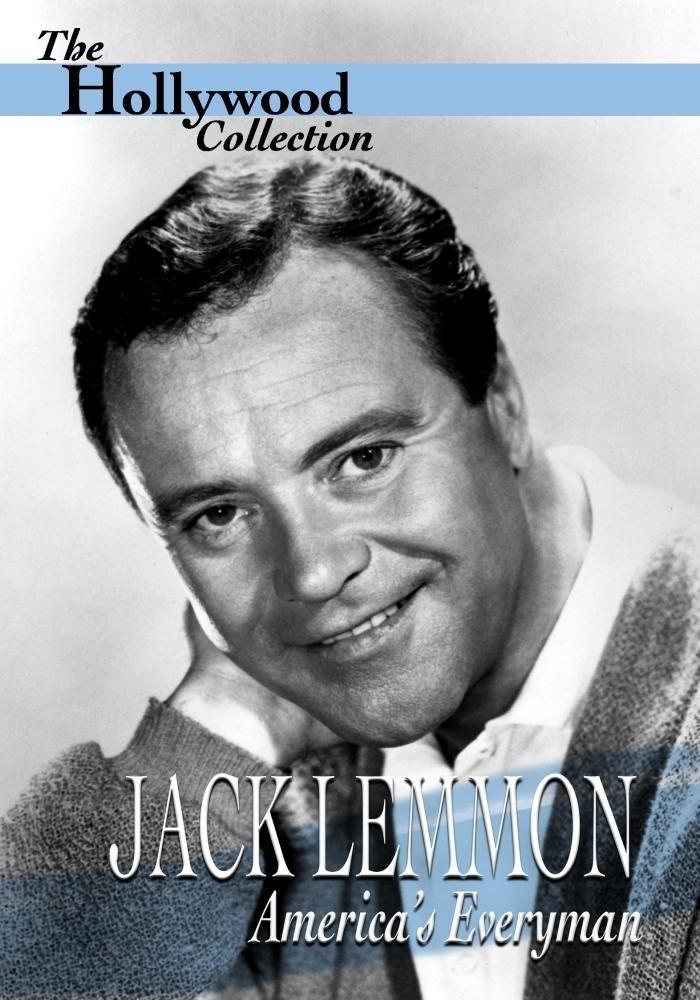
Jack Lemmon: America's Everyman
Character: Self
Jack Lemmon made over 60 films and received numerous awards, including eight Academy Award Nominations and two Oscars. Later in life, his achievement was enriched by new challenges in which he exposed the vulnerability and emotion of the later years as few had dared. He reveled in his ongoing screen partnerships with directors like Billy Wilder and stars like Walter Matthau. Narrated on-camera by Jack Lemmon, this documentary includes interviews with Lemmon's son, the actor Chris Lemmon. Also ap...
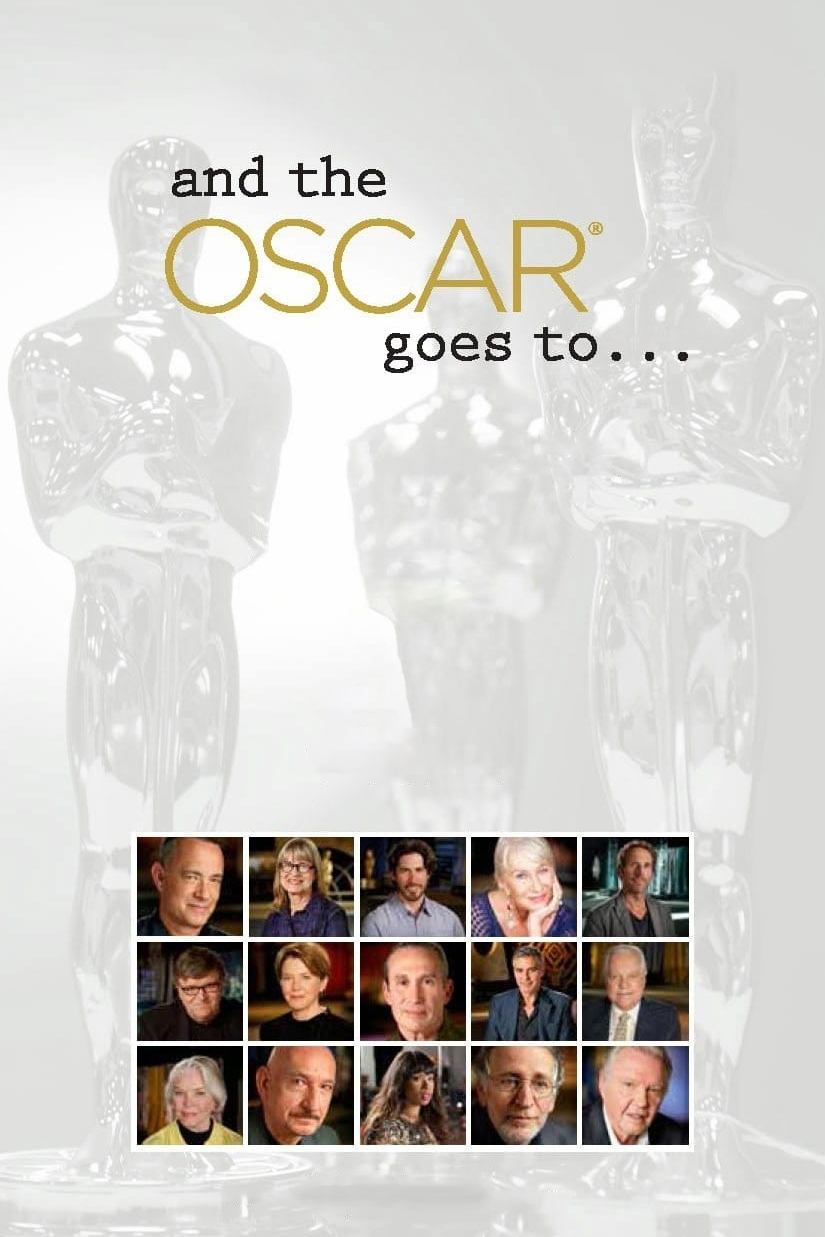
And the Oscar Goes To...
Character: Self (archive footage)
The story of the gold-plated statuette that became the film industry's most coveted prize, AND THE OSCAR GOES TO... traces the history of the Academy itself, which began in 1927 when Louis B. Mayer, then head of MGM, led other prominent members of the industry in forming this professional honorary organization. Two years later the Academy began bestowing awards, which were nicknamed "Oscar," and quickly came to represent the pinnacle of cinematic achievement....
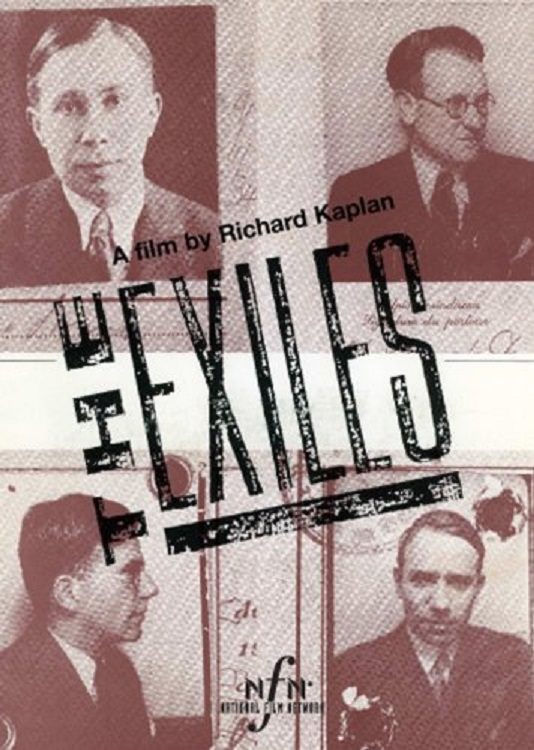
The Exiles
Character: Self
A chronicle of the rescue of oppressed intellectuals and artists from Europe before the outbreak of World War II. It studies the cultural and intellectual impact of this emigre population on American life....
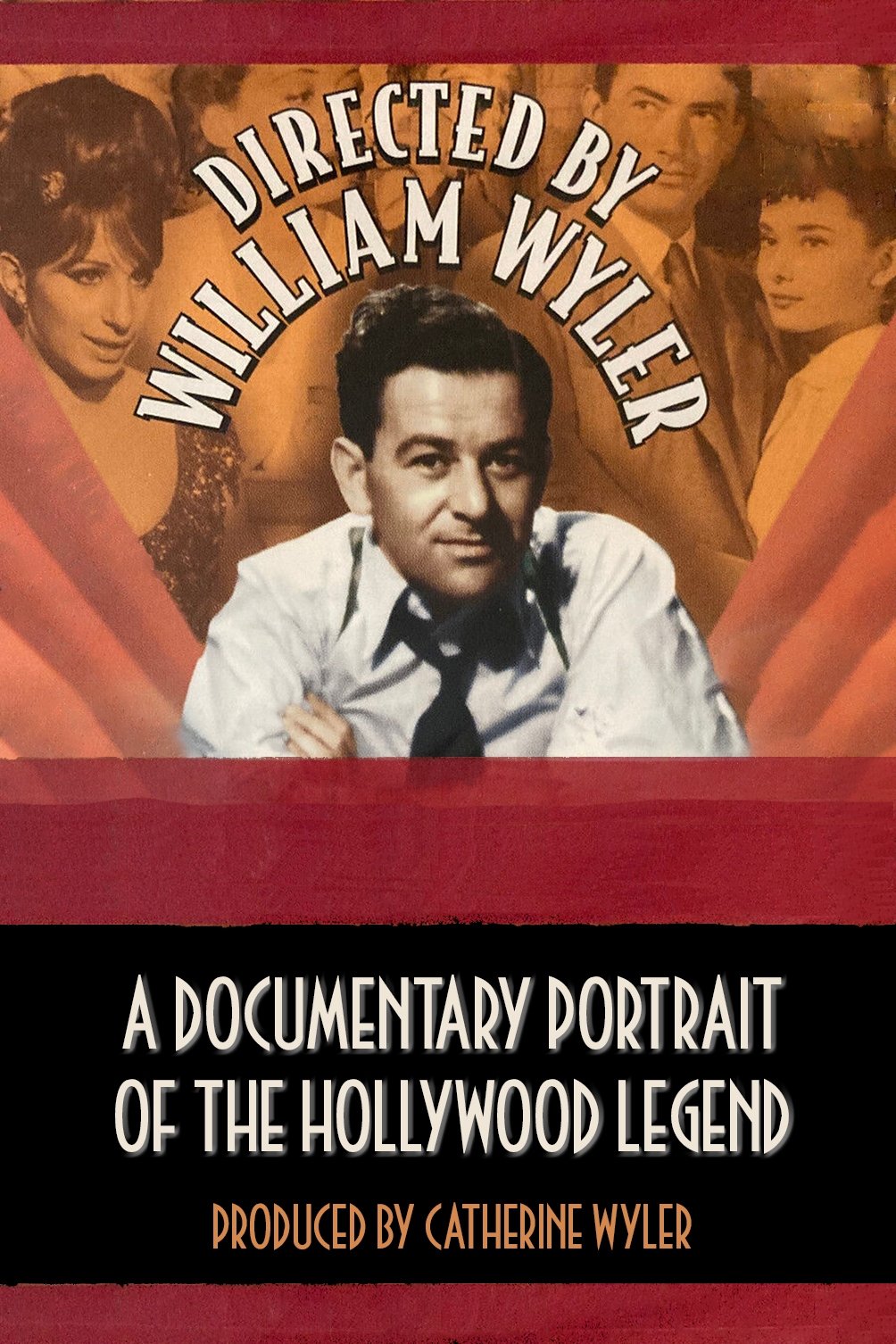
Directed by William Wyler
Character: Self
Documentary about the famed Hollywood director....
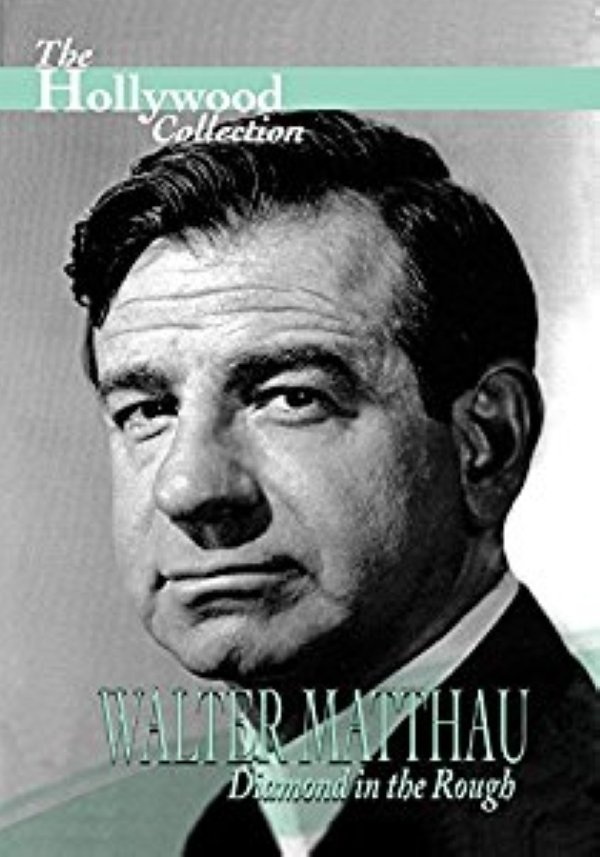
Walter Matthau: Diamond in the Rough
Character: Self
A profile of the life of actor Walter Matthau....
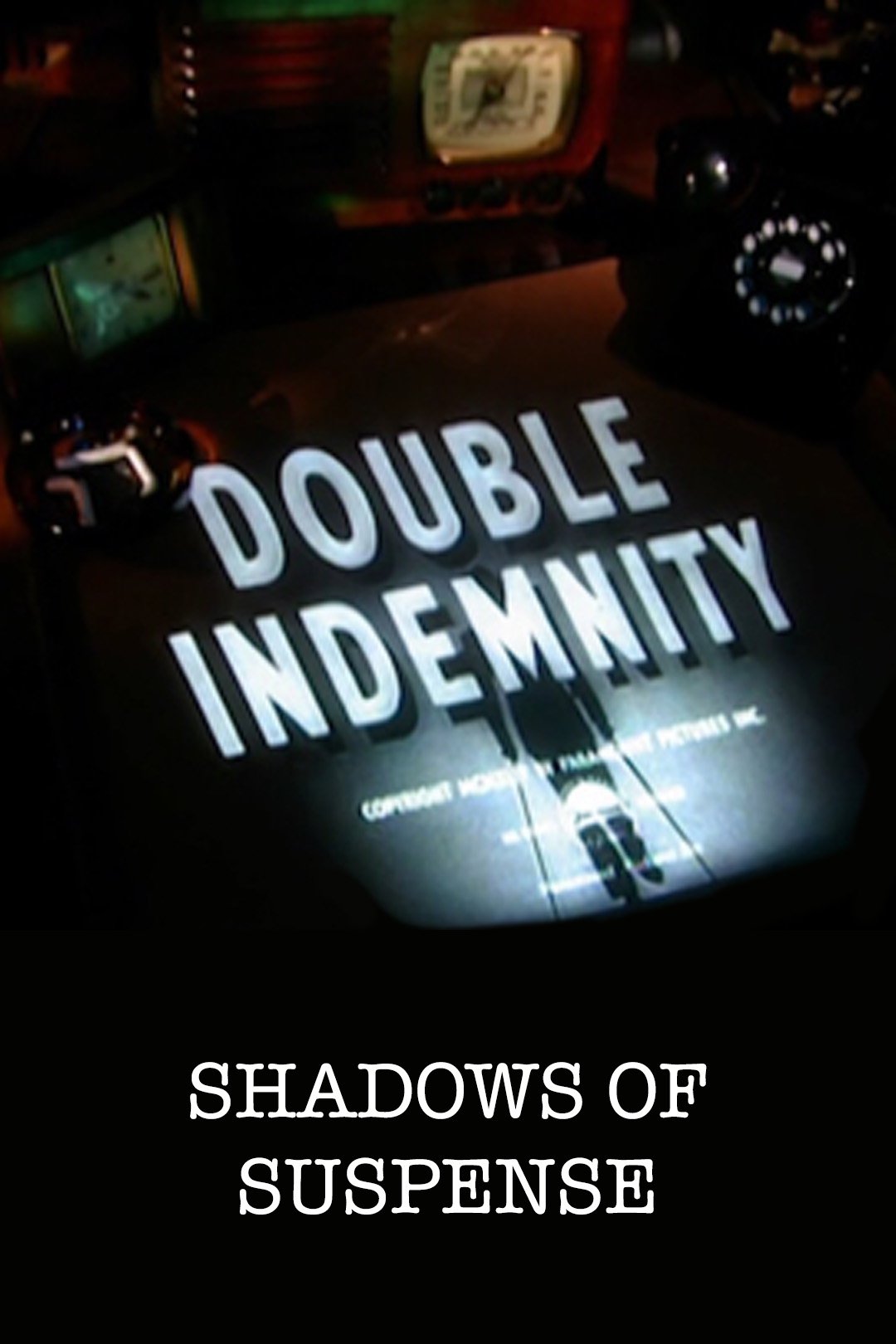
Shadows of Suspense
Character: Self (archive footage)
A documentary featuring film historians, directors and authors discussing the making of Billy Wilder's "Double Indemnity."...
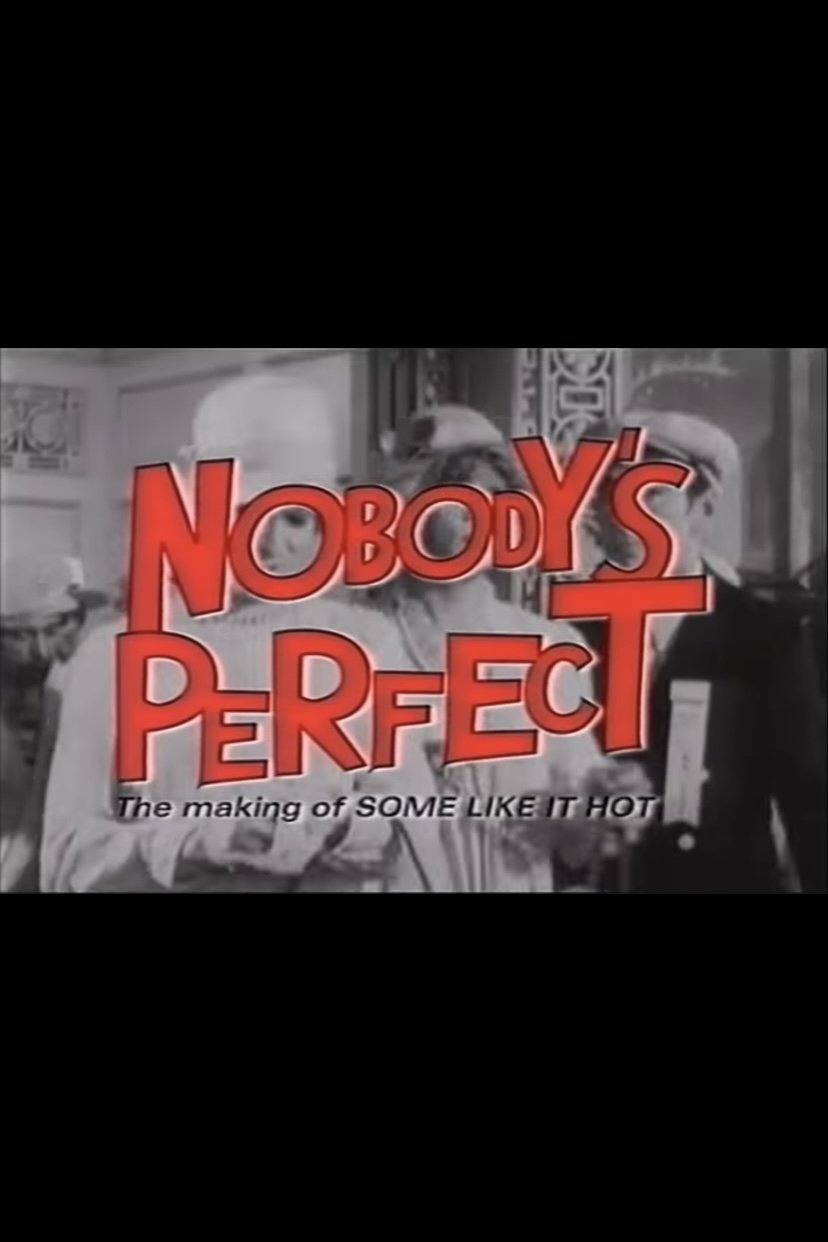
Nobody's Perfect - The Making of Some Like It Hot
Character: Self (archive footage)
Documentary discussing the casting and making of "Some Like It Hot", the film voted as the Best Comedy ever made by the American Film Institute....